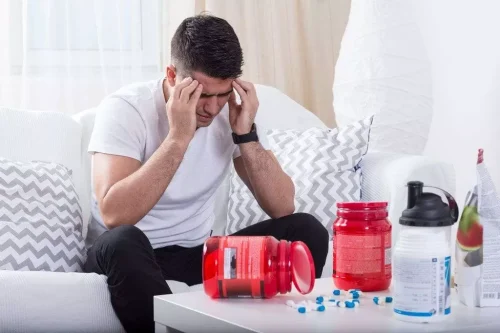
Further research is ongoing to fully understand the multifaceted relationship between vasopressin and alcohol, with potential therapeutic implications for alcohol-related disorders. The diuretic effect of alcohol can vary depending on the type of beverage. Beer, with its relatively lower alcohol content compared to wine or spirits, may have a less pronounced diuretic effect. Some studies suggest that beers with low alcohol concentrations have a negligible diuretic impact, especially when consumed during exercise-induced dehydration. These beers can provide similar hydrating qualities to water, albeit at a slower rate.
Does the temperature of the beer affect dehydration?
Dehydration can also cause fatigue and drowsiness, which can increase the risk of accidents, particularly when driving or operating heavy machinery. This is because dehydration can cause a decrease in blood volume and low blood pressure, which can lead to reduced blood flow to the brain, causing fatigue and drowsiness. Dehydration can reduce muscle endurance and performance, making it more challenging to sustain physical activity for an extended period. This is because dehydration leads to a reduction in blood flow to muscles, limiting the delivery of oxygen and nutrients needed for muscle function. It’s commonly added to energy drinks because it can enhance athletic performance (15). Ginger beer, which contains no alcohol or yeast, has fewer diuretic properties than traditional beer.
Is there any truth to the myth that beer hydrates after exercise or in hot weather?
However, drinking wine in excess can lead to dehydration because of the alcohol and the sugar content. Once you consume alcohol, it’s already in your body and must be removed by the liver. The liver processes 3/4th of an ounce of alcohol per hour, and drinking water will not make it happen faster. When drinking alcohol, especially in hot weather, avoiding dehydration is critical.
Understanding alcohol’s diuretic effect
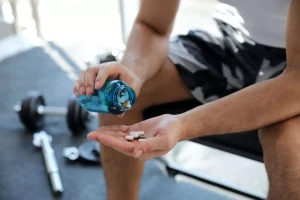
Dehydration can increase the risk of heat stroke, especially when combined with exposure to hot and humid environments, such as in a crowded bar or nightclub. If you’re an athlete or someone who likes to hit the gym marijuana addiction to build muscle mass, you may want to reconsider your weekly happy hour consumption. Interestingly, studies have shown that people over 50 overcome the suppression of ADH from alcohol more quickly than their younger counterparts.
What Type of Alcohol Dehydrates You the Most?
However, alcohol inhibits the release of vasopressin, resulting in increased urine production. This means that your kidneys are unable to reabsorb extra fluid, leading to more dilute urine and greater fluid loss. To prevent dehydration when drinking beer, it is recommended to have a glass of water with every beer.
- You’ll meet millions of fellow Reframers in our 24/7 Forum chat and daily Zoom check-in meetings.
- Combined with a salty snack, beer can prevent dehydration and provide the same benefits as water.
- “ADH helps your kidneys hold onto water. The less ADH, the more you urinate. The more you urinate, the more dehydrated you become.”
- No hangovers are complete without chugging a few glasses of beer.
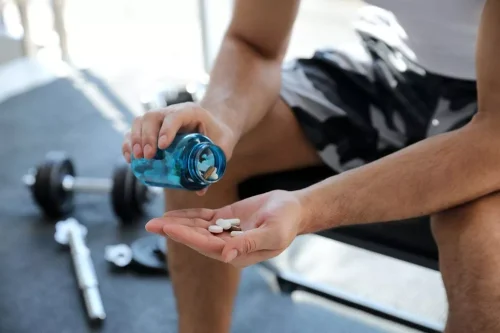
The alcohol by volume (ABV) determines the dehydration capacity of beer or any alcohol, for that matter. But some craft beers and stouts reach above 10 percent ABV and can have serious dehydrating effects on the human body. When you look at the other beer counterparts like whisky, vodka, gin, wines, and more, will beer dehydrate you they have a higher chance of dehydrating than beer. Light beers are actually not as risky for a dehydrating body as other alcohols because their dehydration effects are very slow and minimal. Drinking water before, during, and after alcohol consumption can help prevent dehydration.
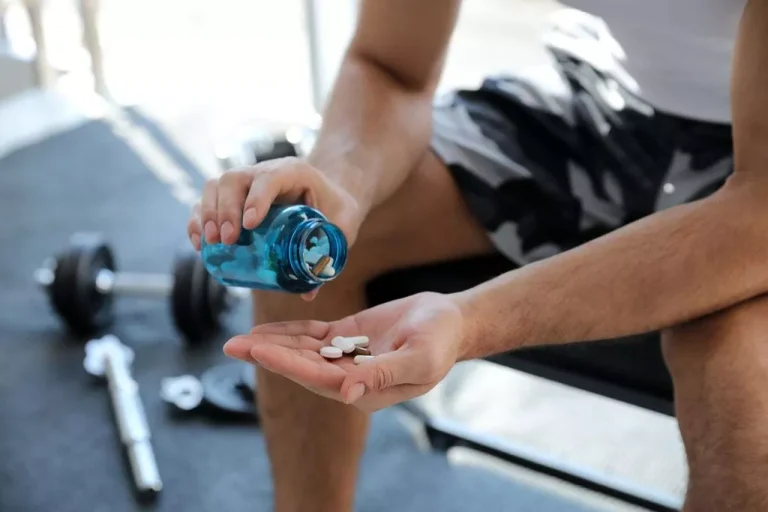
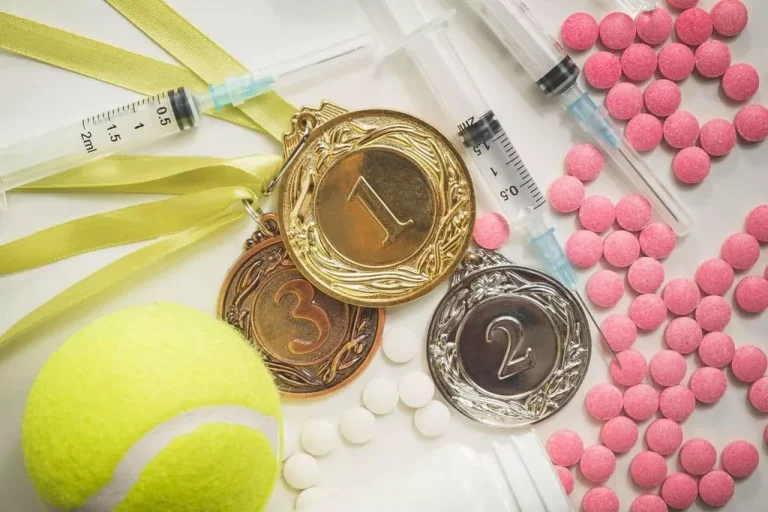
Low-alcohol beers typically have an ABV of 1% to 3%, making them popular among those who prefer a lighter drink or need to limit their alcohol intake. Standard beers, including most lagers and ales, have an ABV ranging from 4% to 6%, which is common in many commercial and craft beers. High-alcohol beers have an ABV of 7% and above, and this category includes styles like double IPAs, stouts, and barley wines, known for their rich flavours and intense experience. The alcohol content in beer is typically expressed as a percentage or ABV (alcohol by volume), indicating how much of the total volume of the liquid is pure alcohol. For example, a beer with 5% ABV contains 5% pure alcohol and 95% other ingredients, such as water, malt, hops, and yeast.
The average beer has an alcohol content of 3-7% per 12-ounce serving, while a 5-ounce glass of wine contains up to 14% alcohol, and a single shot of liquor can contain up to 70% alcohol. Therefore, beer is generally considered the least dehydrating alcoholic drink. However, drinking too many beers too quickly can still lead to dehydration.